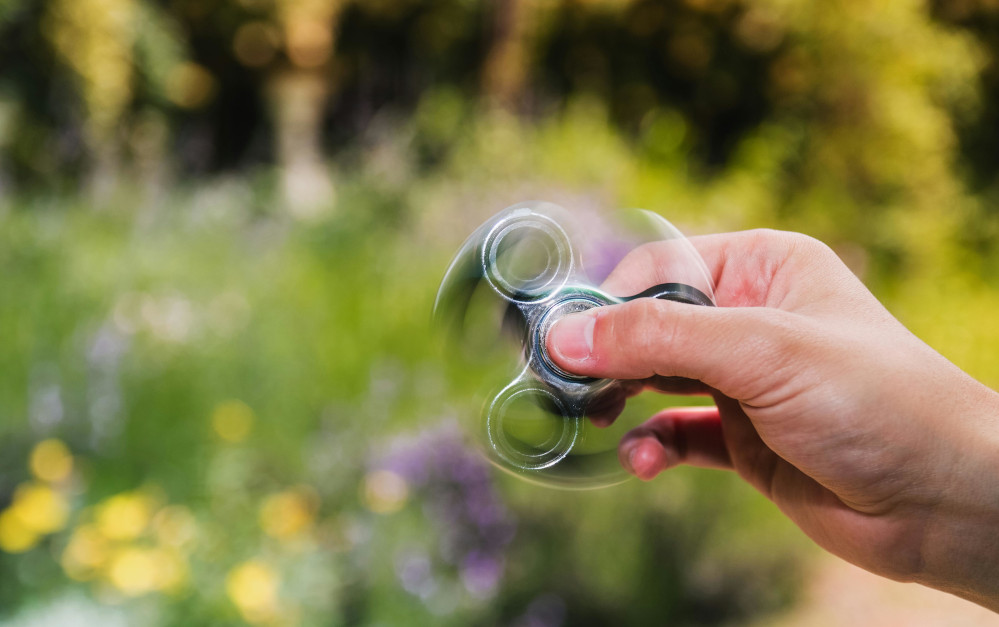Meditation is not just for adults; it can also be incredibly beneficial for children. Teaching kids mindfulness and meditation techniques from a young age can help them develop crucial skills for managing stress, improving focus, and nurturing emotional well-being. Here’s a guide to introducing meditation to kids and incorporating mindful activities into their daily routines.
Benefits of Meditation for Kids
Introducing meditation to children can offer a range of benefits:
- Promotes relaxation and reduces stress and anxiety
- Enhances focus, attention, and concentration
- Improves emotional regulation and self-awareness
- Fosters compassion, empathy, and kindness towards others
- Boosts resilience and coping skills in challenging situations
- Supports better sleep and overall well-being
- Encourages creativity and imagination
- Strengthens the parent-child bond through shared mindfulness practices
Mindful Activities for Kids
Here are some simple yet effective mindful activities to introduce to children:
- Breathing Exercises: Teach kids basic breathing techniques such as deep belly breathing or counting breaths to help them calm their minds and bodies.
- Guided Imagery: Lead children through guided visualization exercises where they imagine themselves in a peaceful, serene environment, such as a calming beach or a quiet forest.
- Body Scan: Encourage kids to do a body scan by focusing their attention on different parts of their body, noticing any sensations without judgment.
- Mindful Walking: Take children on a mindful walk where they pay attention to each step they take, the sensations in their feet, and the sights and sounds around them.
- Gratitude Practice: Foster gratitude by encouraging kids to reflect on things they are thankful for each day, whether it’s a loving family member, a favorite toy, or a beautiful sunset.
- Listening Meditation: Guide children in a listening meditation where they close their eyes and focus on the sounds around them, tuning into both loud and subtle noises without judgment.
- Yoga for Kids: Introduce simple yoga poses and stretches tailored to children’s abilities, incorporating mindfulness and breath awareness into each movement.
Conclusion
Introducing meditation and mindful activities to kids can empower them with invaluable tools for navigating life’s challenges with resilience and inner peace. By incorporating these practices into their daily routines and nurturing their innate capacity for mindfulness, parents and caregivers can support children’s mental, emotional, and physical well-being from an early age.





